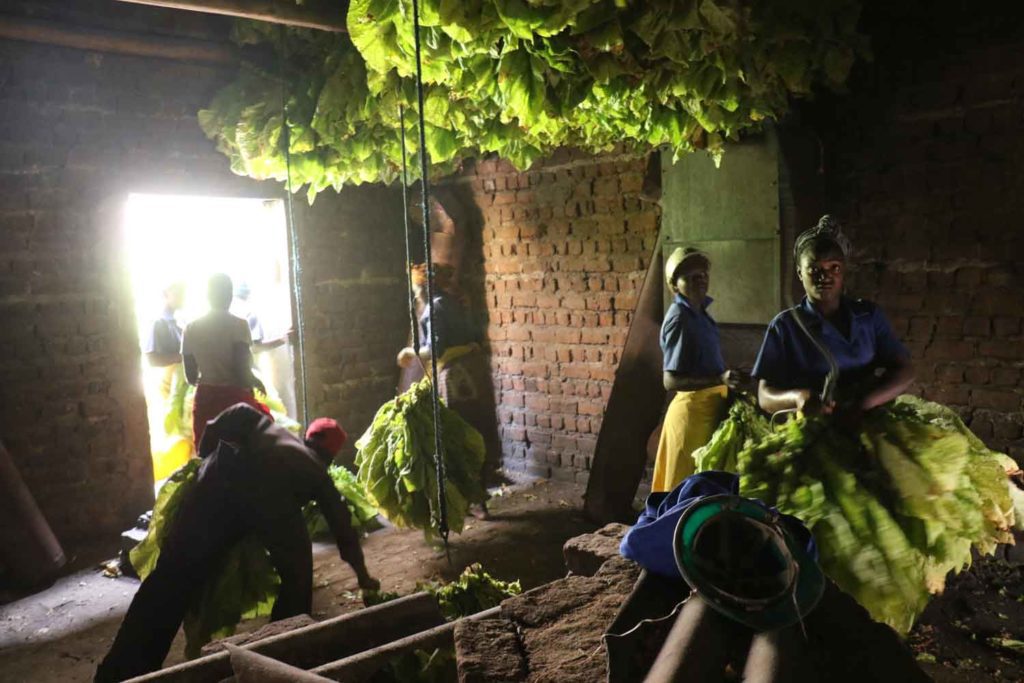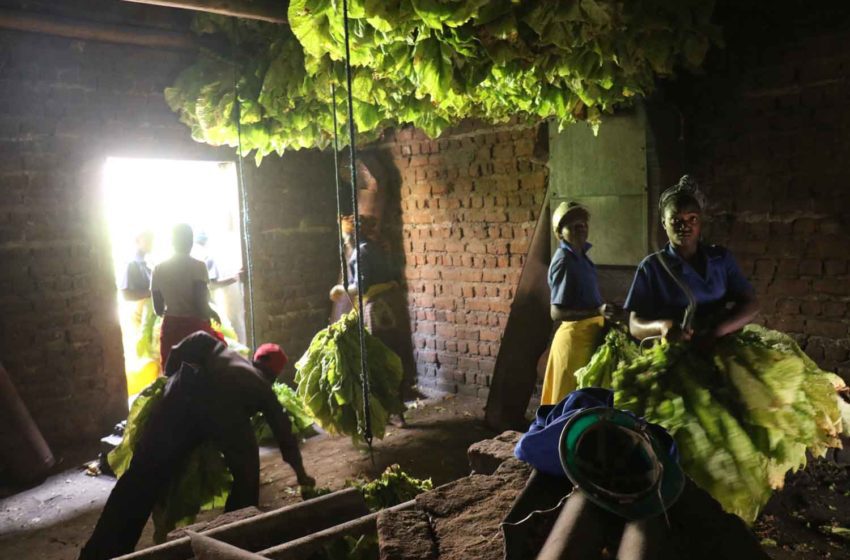
Tobacco grower representatives in Zimbabwe are urging contractors to provide their members with sustainably produced wood rather than coal for leaf curing, according to an article in The Herald.
The compliance enforcement framework (CEF) agreement signed by tobacco buyers and the Tobacco Industry and Marketing Board requires contractors to fund tobacco growing inputs, such as fertilizer and curing fuel.
Under the CEF, a 1 hectare pack for small-scale production includes 500 kg of coal or its sustainable wood equivalent as curing fuel.
While most contractors are providing farmers with coal, grower representatives believe wood is more sustainable. “We think wood of an equivalent to the coal component would be better as less charges would be incurred by farmers in U.S. dollar terms,” said Tobacco Farmers Union Trust Vice President Edward Dune.
“Sustainable wood is the way forward as coal use is unsustainable and will likely be phased out in the near future if the current lobbying by environmentalists prevails,” echoed Rodney Ambrose, CEO of the Zimbabwe Tobacco Association.
In 2021, the Zimbabwean government crafted the tobacco value chain transformation plan, which seeks to increase tobacco production to 300 million kg by 2025.
The plan emphasizes sustainable production through reforestation programs, fuel-efficient curing facilities and the use of alternative energy sources for curing. It calls for research into the suitability as a fuel source of alternative tree species, such as giant bamboo.











